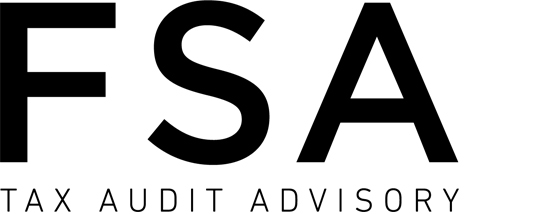Taxpayers who have had work done on their rental property should ensure the expense is categorised correctly to avoid errors when completing their tax return.
A deduction for ‘repairs and maintenance’ expenses can be claimed for work done to remedy, or prevent defects, damage or deterioration from using the property to earn income. These expenses can be claimed in the year they were incurred.
However, some ‘capital’ expenditure may not be immediately deductible, such as for ‘initial repairs’, ‘capital works’, ‘improvements’ and depreciating assets.
Initial repairs include fixing any pre-existing damage or deterioration that existed at the time of purchasing the property, even if the damage or deterioration was unknown to the taxpayer at the time of purchase. Initial repairs are treated as part of the acquisition cost and included in the cost base of the property for CGT purposes, unless they are capital works or depreciating assets.
Capital works are structural improvements, alterations and extensions to the property, and can generally be claimed at 2.5% over 40 years. Capital works deductions can only be claimed after the work has been completed, regardless of when the taxpayer pays the deposit and instalments.
Improvements or renovations that are structural are also capital works. Work that goes beyond remedying defects, damage or deterioration that improves the function of the property is regarded as an improvement.
Repairs to an ‘entirety’ are capital and cannot be claimed as repairs. Repairs to an entirety generally involve the replacement or reconstruction of something separately identifiable as a capital item.
Depreciating assets are treated as follows:
- Deductions for ‘new’ assets must generally be claimed over time according to their effective life.
- Second-hand depreciating assets generally cannot be deducted.










